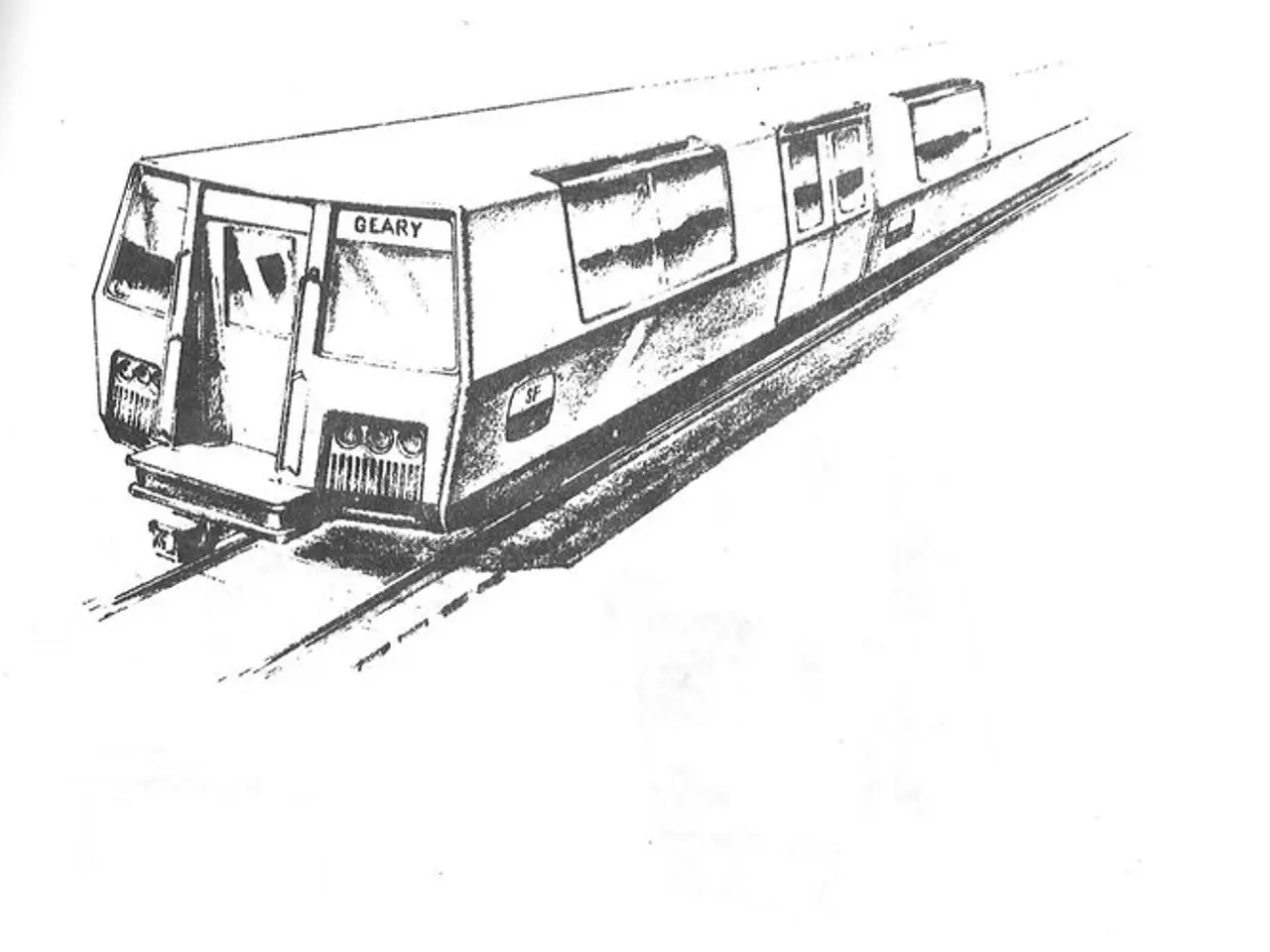AI-Driven Workforce Revolution: The Modern Workforce Advancement for the Artificial Intelligence Age
In the face of rapid technological advancements, particularly the introduction of Artificial Intelligence (AI) into workplaces, unions are adapting their strategies to address the challenges and opportunities that come with this transformation.
Skills Development and AI Training
Unions are at the forefront of efforts to equip workers with the skills needed in an AI-driven economy. They organise training programs tailored to workers' needs and industry specifics, such as sector-specific AI education and action-oriented workshops that empower union representatives to negotiate AI's impact in workplaces. For instance, the Communications Workers Union (CWU) collaborates on practical skills development to understand and negotiate AI-related changes in telecoms, tech, and financial services.
Digital Rights and Data Use
As employee-generated content is increasingly being used to train generative AI models, unions are advocating for clear rights about data ownership and AI utilisation in workplaces. They aim to ensure workers' digital contributions are respected and protected, particularly in sectors like journalism, education, and consultancy where employer-controlled text content may be exploited to customise AI systems.
Collective Bargaining for AI Transition Protections
Unions are actively negotiating collective bargaining agreements that include provisions for job security, retraining, and fair wage adjustments tied to AI implementation. Key demands are clauses guaranteeing access to reskilling opportunities and safeguards during technological transitions, ensuring workers are not displaced without support.
Partnerships and Political Advocacy
Unions partner with civil society groups, academic allies, and sometimes government entities to build worker power in relation to AI and digital technology governance. Lobbying efforts aim to influence policies that prioritise workforce inclusion, equitable AI deployment, and federally supported skill programs like apprenticeships and training designed to bridge the AI skill gap.
In addition to these initiatives, some tech-related organisations, such as Anthropic’s Economic Futures Program, complement union efforts by researching AI’s labor market effects and developing policy proposals emphasising reskilling and workforce transition strategies.
In essence, unions focus on empowering workers through education and training, protecting digital rights around AI usage, and securing transition rights through collective bargaining—all aimed at ensuring that AI-driven technological change benefits rather than marginalises the workforce.
[1] Communications Workers Union (CWU) and TUC on AI and automation
[2] Unions and the Future of Work
[3] Unions and the Future of Work: A Collective Bargaining Approach
[4] Unions and the Future of Work: A Collective Bargaining Approach
[5] Anthropic’s Economic Futures Program
- The Communications Workers Union (CWU) is collaborating on practical skills development to help union representatives understand and negotiate AI-related changes in various sectors, including telecoms, tech, and finance.
- Unions are advocating for clear digital rights regarding data ownership and AI utilisation, particularly in sectors like journalism, education, and consultancy.
- Unions are actively negotiating collective bargaining agreements that include provisions for job security, retraining, and fair wage adjustments in response to AI implementation.
- Unions partner with various entities, including government bodies, to influence policies that prioritise workforce inclusion, equitable AI deployment, and federally supported skill programs for bridging the AI skill gap.
- Companies such as Anthropic's Economic Futures Program research AI's labor market effects, supporting union efforts by developing policies that focus on reskilling and workforce transition strategies.




